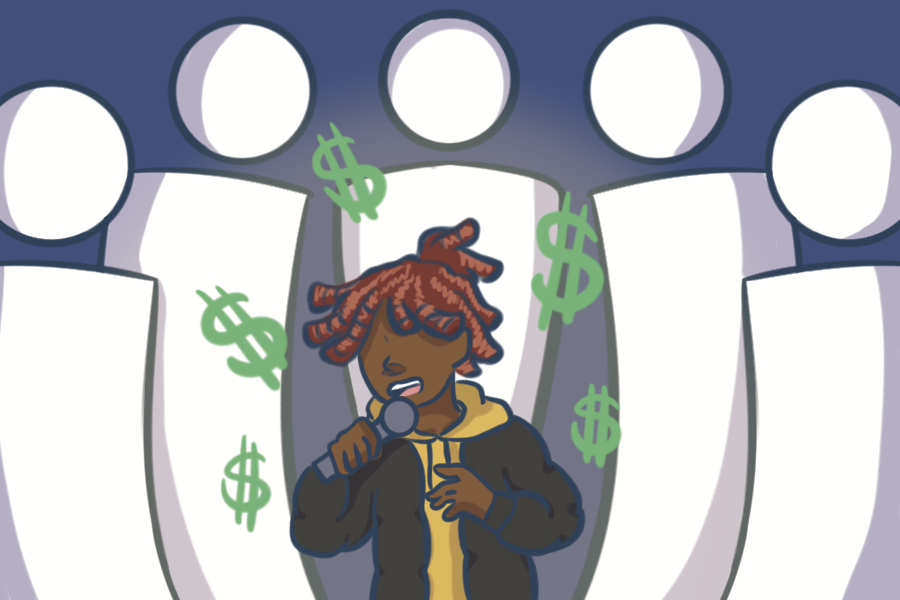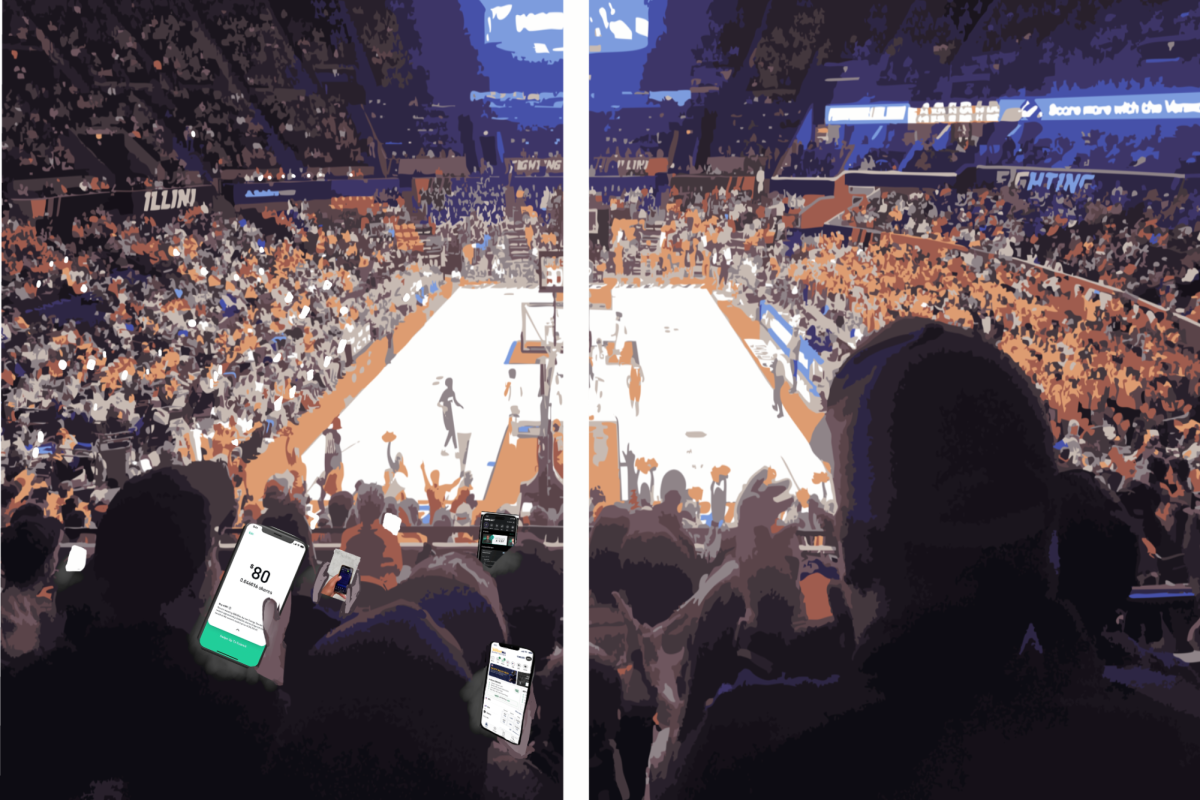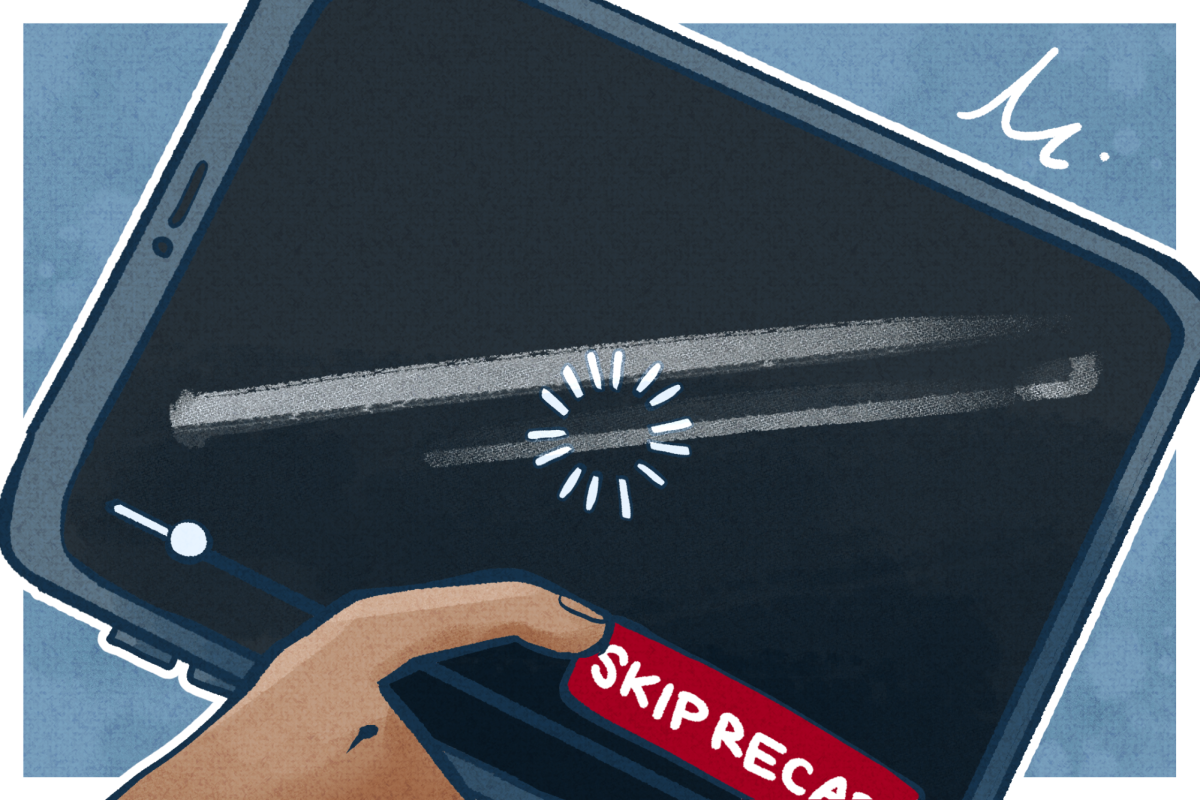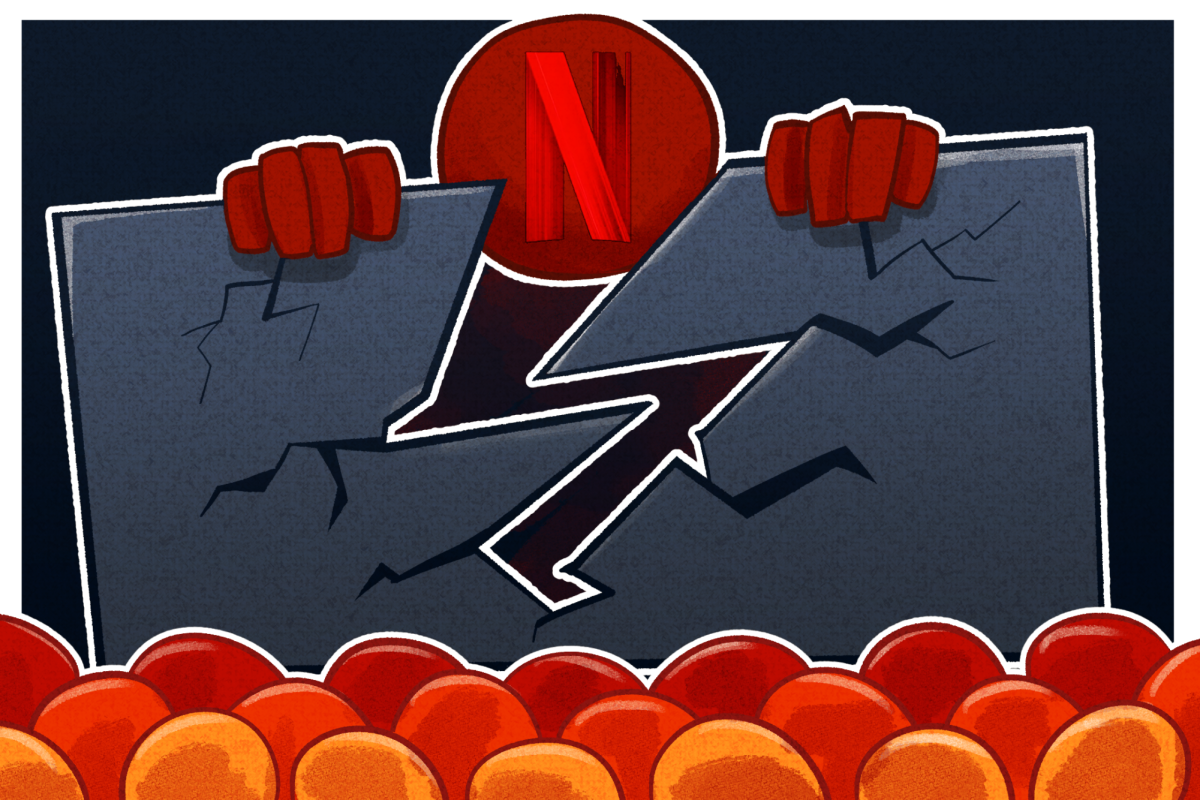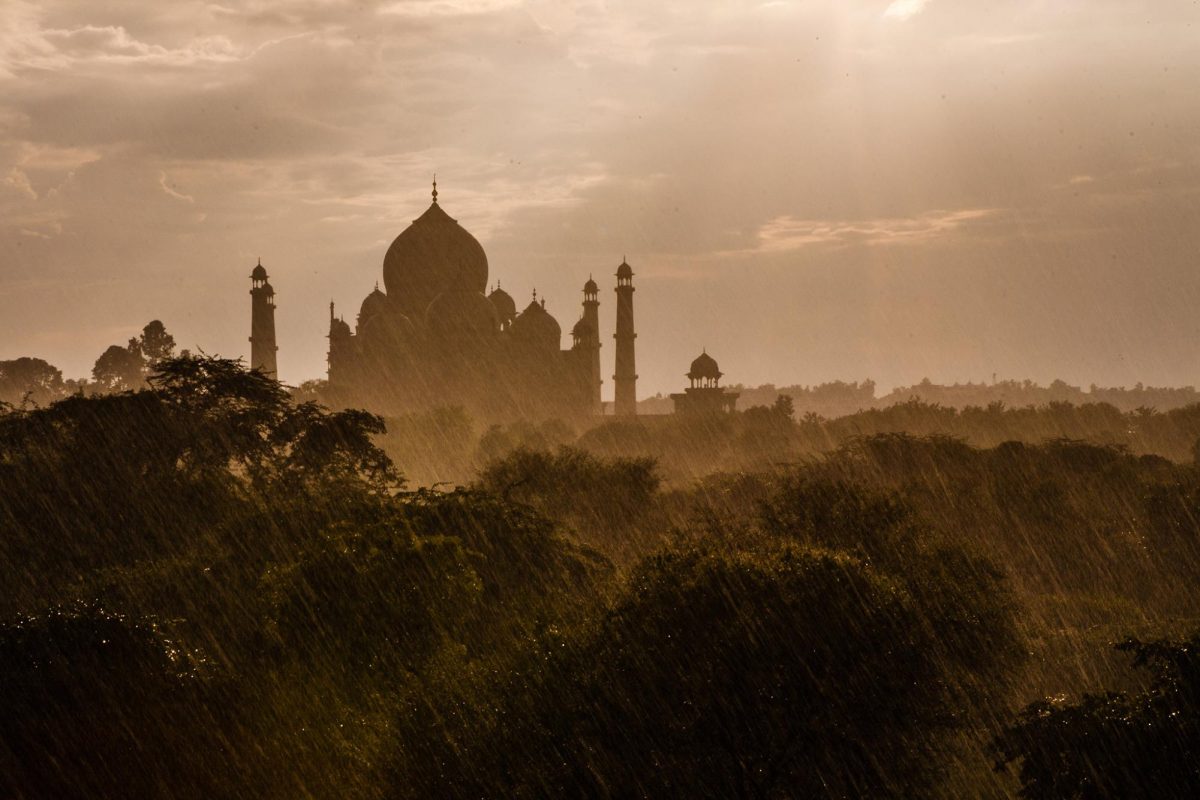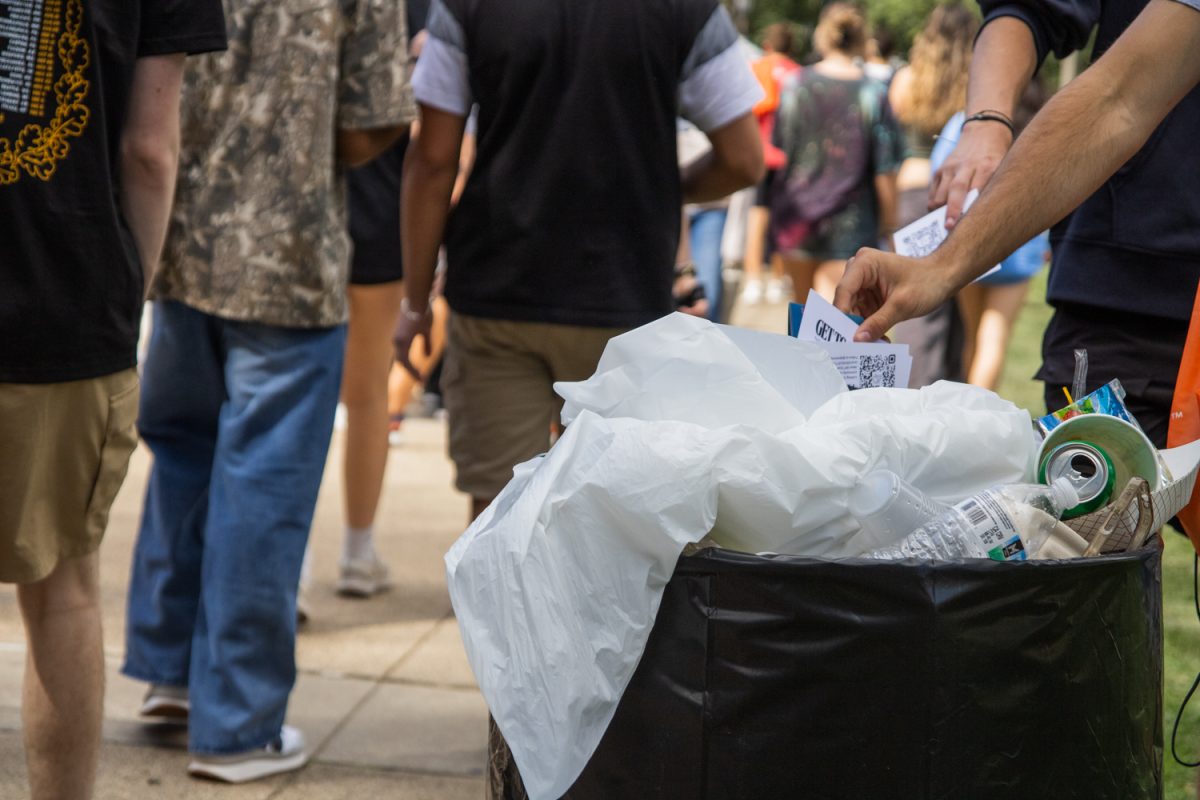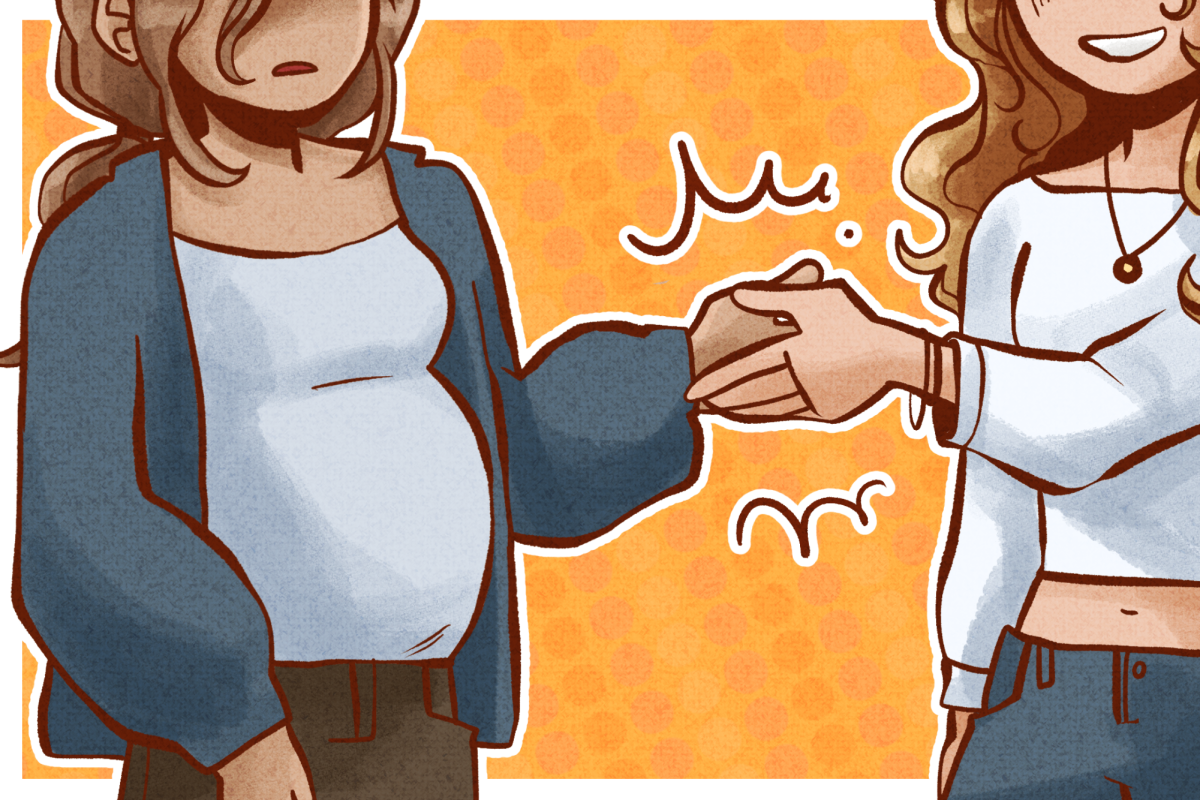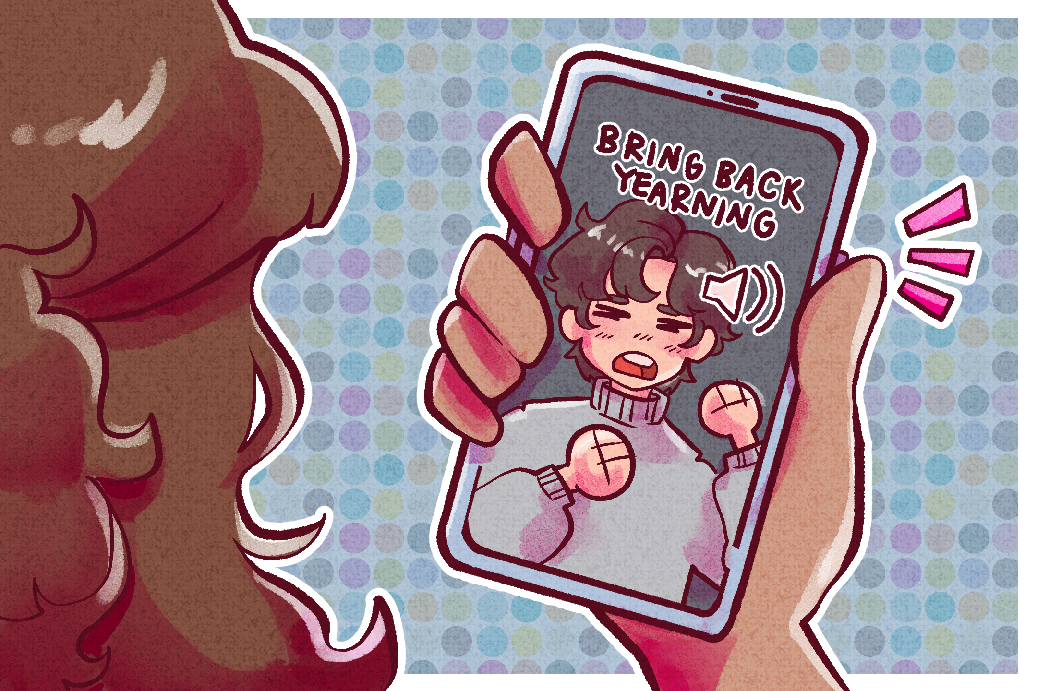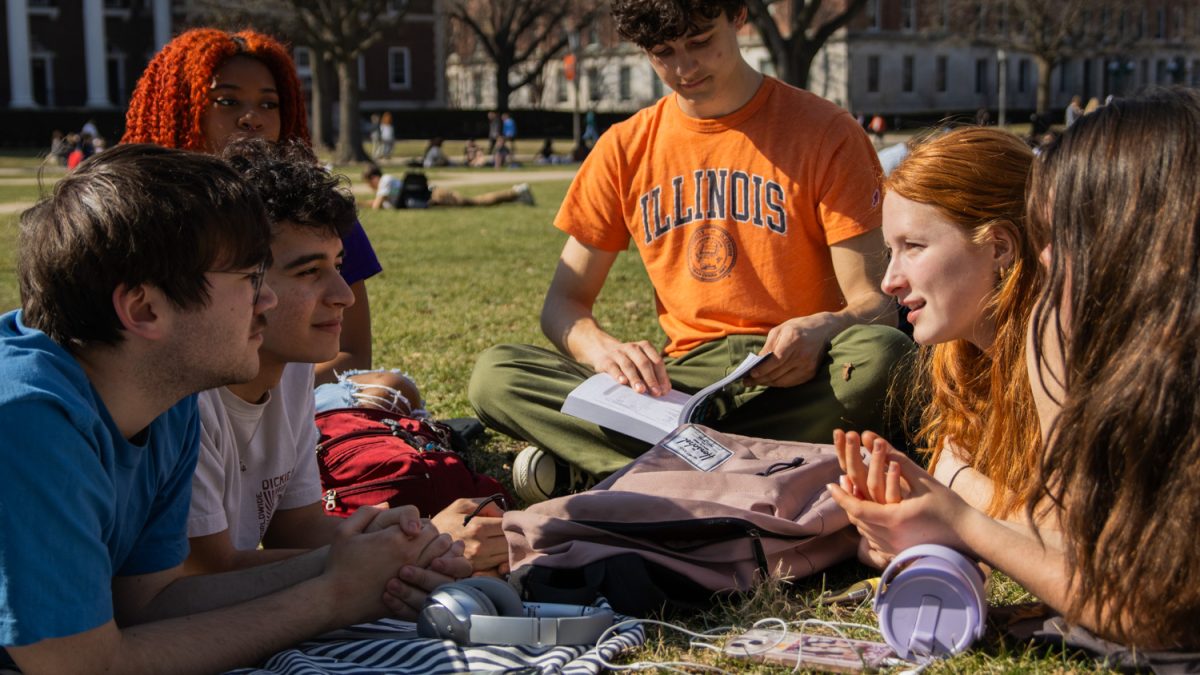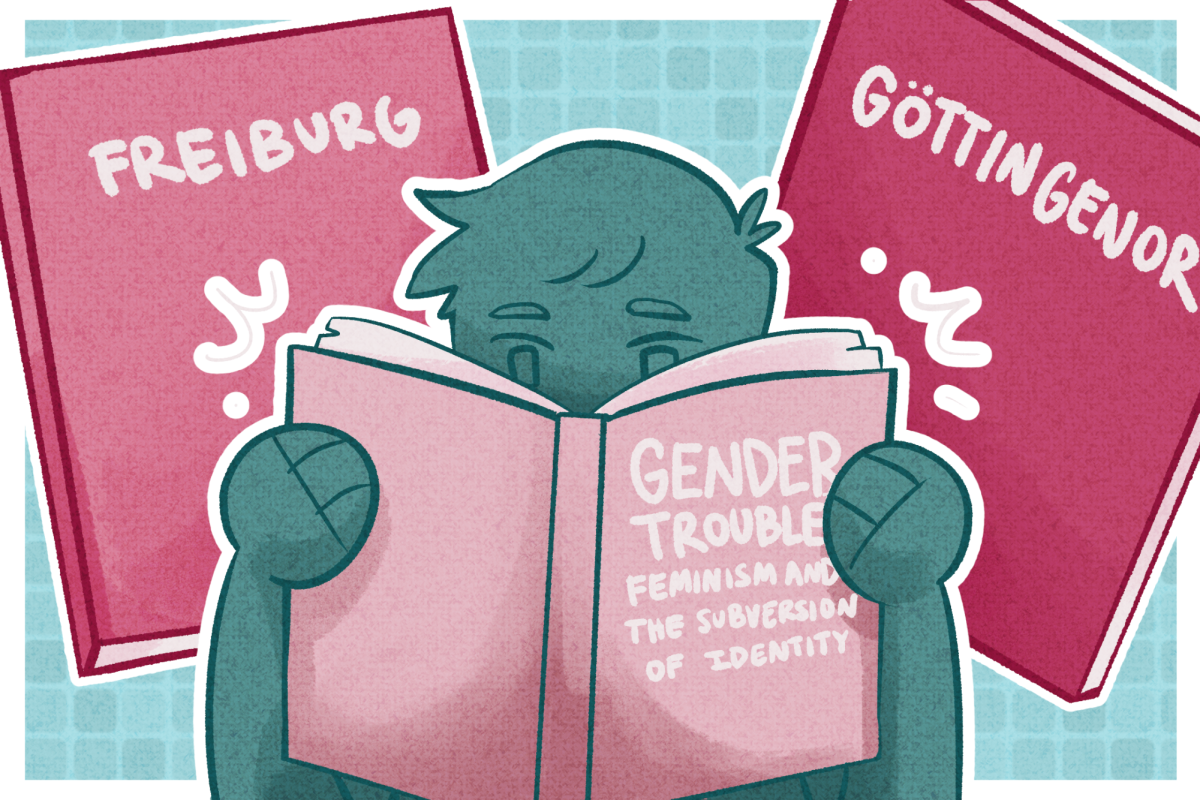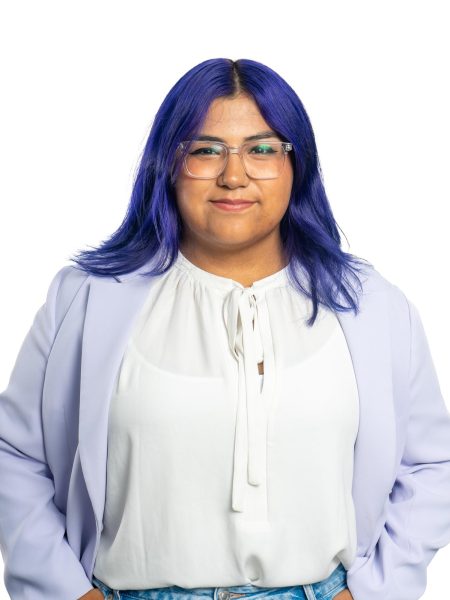Rap music started off as a genre made by Black people, for Black people, meant to serve as an outlet to express struggles surrounding race in America. White people refused to listen to it for that exact reason.
As seen through the film depiction of N.W.A. in “Straight Outta Compton,” white people were disgusted with and fearful of “gangsta rap,” worried it would indoctrinate their children as it promoted hatred toward the police and gang violence. Rap was mainly utilized as a means of protest for Black people to express Black issues, while white people disagreed with it.
But in recent times, the purpose of rap as well as white people’s opinions and influence on it have changed. This is especially apparent with the creation of drill rap.
Drill rap refers to music that talks about the violent side of the streets. Its aggressive beats and dark, ominous sound originated in Chicago. It’s heavily gang-affiliated, covering topics such as drug abuse and gun violence, and it’s notorious for celebrating local murders and dissing opposing gang members and their deaths.
It’s important to note that drill music is a cry for help just as rap music always has been. Many Black men don’t have access to therapy considering the stigma surrounding mental health in the Black community, so music is their only outlet.
Get The Daily Illini in your inbox!
The only difference now is that this lifestyle is glorified and profitable, used as a means of amusement.
This genre of music has created an endless cycle of murder in urban cities within the Black community, yet it has since been popularized. Why is that? The mainstream media and white music label executives romanticize Black rage and violence in order to keep Black people in subordinate positions.
Take the affluent, suburban teenagers who idolize the drill lifestyle. They make jokes about O-Block, 63rd Street and gangs without knowing the history behind — and implications involved in — the scene. Despite living wealthy suburban lives, they want to be on the streets.
Why do they enjoy it? The answer is the thrill: It’s different from the privileged lives they live. Black trauma is so often viewed as interesting to see, as though we are zoo animals. It’s a disturbing fetishization of Black male masculinity.
To be a successful rapper one must be aligned with the corporate industry’s agenda.
The music industry is dominated by white executives. This does not mean Black executives don’t exist, but they are not in influential or prominent enough positions to make a difference. This power disparity implies that music is just another tool used by white people to perpetuate Black marginalization.
Meek Mill, in a 2023 panel discussion at the NAACP National Convention, confirmed that record labels offer to pay artists more to rap about topics like gun violence, gangs and drugs that paint Black people in a negative light.
“Robert opened doors for me to be on stages like this because before I wasn’t on stages like this,” Mill said. “I was on rap stages rapping about violence and guns.”
“You know, we get paid to rap about that stuff,” he added. “They actually pay us more when we rap about more ignorant stuff.”
Kendrick Lamar had a similar viewpoint. His album “To Pimp a Butterfly” is in reference to how the music industry will take something as beautiful and pure as a butterfly and pimp it to fit their standards. Record dealers force rappers to make street music because they know it’s profitable.
Rap culture has been crippled by labels that value creating a certain image over lyrics that generate change. The commodification of drill has allowed large paychecks and platinum records to erase the history of rap and the purpose behind why so many Black people use it as an outlet.
The predominantly white audience has little regard for the social issues hip-hop grew from, concerned only with the image of an impoverished, violent Black male. Black rappers are now put in positions where they have no other choice but to assume this image if it means they could “make it out the trenches.”
The point of this article is not to say that white people have taken over a Black genre, but instead that white people have a strong influence on the industry. I’m not claiming that white people shouldn’t listen to rap music, but we need to change the motives behind why we listen to it and place the lyrics in their context.
Since Black people are the ones traditionally making rap music, we should be the ones in control of its production and distribution. It’s up to us to actively seek out nonwhite narratives.
If you find drill music to be a problem, you’re focusing on the symptom instead of the root cause. Life imitates art: Drill is a reflection of the lives these Black artists are living. You want to put an end to drill rap but won’t support the end to mass incarceration, income inequality, failing schools and all things that lead to the creation of drill.
Maybe if we fix these issues, the music that comes out of these artists could sound very different. Because drill rappers are like any artist: Their art is an expression of their environment and circumstances.
Jasmine is a freshman in Media.



